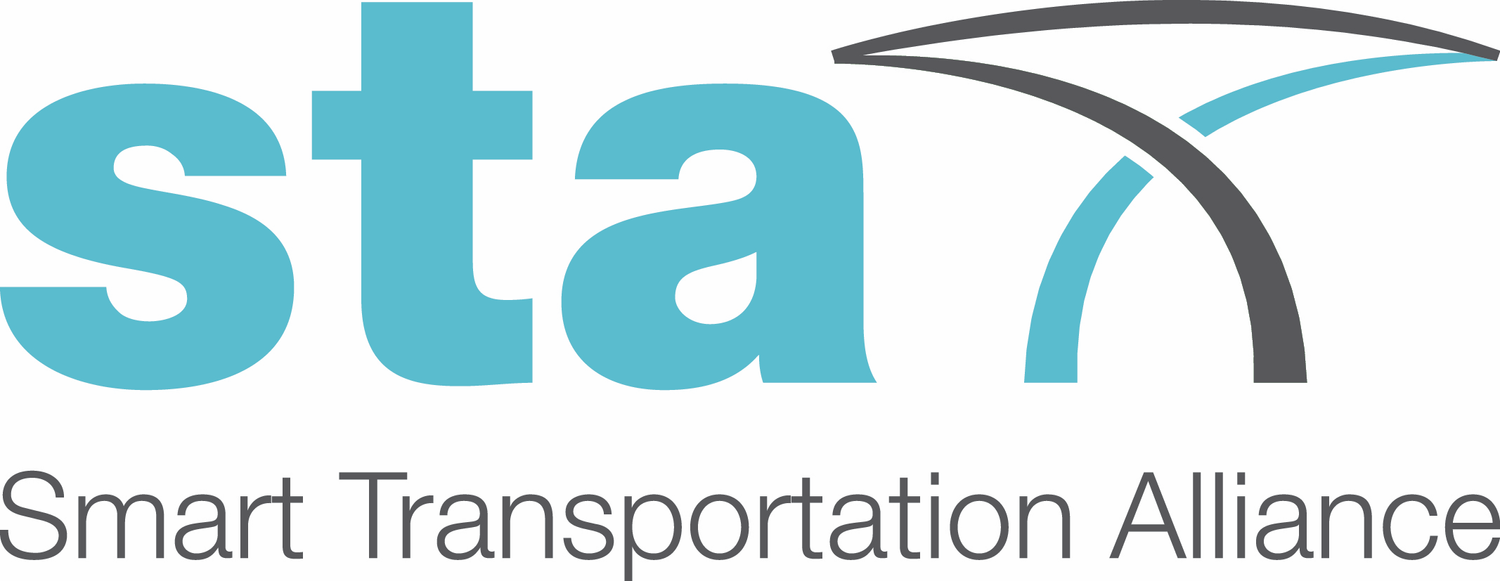STA Newsletter
Issue # March - April 2023
A bi-monthly online journal providing news and background about activities undertaken by STA with a view to improving the methods, technologies and standards associated to transportation infrastructures.
STA Participates in SCALE-UP General Assembly and Organises Project Annual Event in Madrid
The Annual Event was a full success with many external guests and panelists.
The three-day event took place on 18-20 April 2023 and ended with the Project Annual Event, which was organised and moderated by the STA Secretariat and the Spanish Road Association (AEC). The Event consisted of two distinct roundtables with panellists from inside and outside the consortium, sharing knowledge and best practices on multi-level stakeholder collaboration in the Madrid Urban Node (which has been rated exceptionally excellent) and the challenging and wide field of behaviour nudging in the urban landscape.
STA Task Force Kicks Off Drafting of Position Papers and 2023 STA Annual Conference Organisation
Several STA Members meet to compare innovation roadmaps and revamp STA’s Annual Conference as a live demonstrator.
The new task force consists of the host of the in-person meeting, Aleatica as well as the Polytechnic University of Madrid, the Spanish Road Association, the Spanish Institute for Cement and Its Applications and the STA Secretariat as an enabler.
The team tackled some joint topics together, such as R&D priorities for the European Commission, a revamped 2023 STA Annual Conference format and new topics such as CCAM, taxonomy and end user considerations and digitisation of road infrastructures. Regular meetings are foreseen to track the goals and involve other STA Members over the current year.
“Safety-related actions should mainly be taken on interurban networks and to a lesser extent on urban Networks”
NEWS OF INTEREST
Truly revolutionary? Germany’s €49 public transport ticket
Following a nation-wide trial of an unlimited €9 ticket in the last year, a follow-up ticket at a higher price is introduced.
For only €49, ticket holders can travel across the country. But is it all that radical? Long-distance trains are not included and the service offer should be further improved to ensure a wide and regular adoption and successful modal shift towards public transport.
Cooperative intelligent transport systems reduce accidents involving cyclists
Researchers validated wireless communicaiton channels between different vehicles, bicycles and infrastructure.
Road accidents involving bicycles are steadily increasing. In 2015, the road accident statistics of Statistics Austria recorded 6,901 road accidents involving bicycles; in 2021, the figure was already 9,578. The accidents with other vehicles involved mostly occurred in a turning situation in an intersection, with the bicycle predominantly going straight ahead.
New technological developments in the field of vehicle communication by means of ITS-G5, bicycle localisation, vehicle environment perception by means of camera and lidar sensor technology as well as with cameras created the basis for cooperative solution approaches for the detection and avoidance of collision risks. Vulnerable road users such as cyclists should not only be recognised, but actively involved in collision avoidance.
Too early: EU states adopt new emissions tranding system for road transport
The Council of the EU yesterday adopted a new emissions trading system for road transport (ETS II).
ETS II will go live in 2027, except if oil and gas prices are especially high, in which case it will be pushed back by one year.
The compromise to launch ETS II in 2027 – compared to 2024, as initially supported in the European Parliament, or even 2025 and 2026, as first proposed by the European Commission – is significantly more realistic, given the expected pace of infrastructure and technological development.





